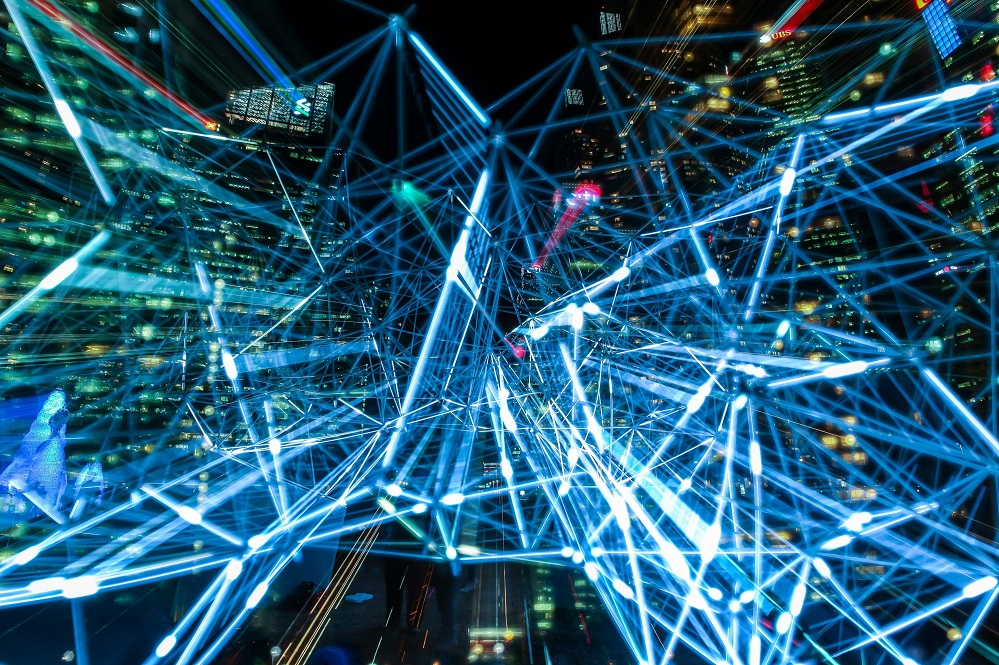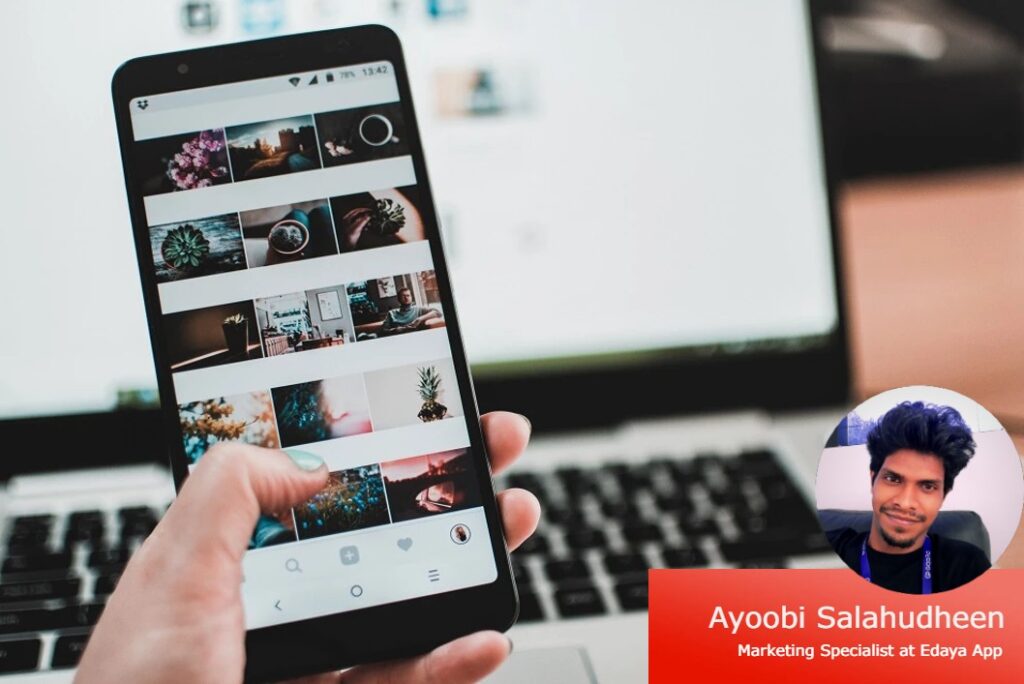The term “artificial intelligence” refers to the capability of computers and machines to perform seemingly intelligent actions. Technology has advanced to the point where artificial intelligence can be considered reliable enough to deploy for critical business tasks only in recent times. This is despite the concept having existed since the 1950s.
Machines or computers can perform tasks previously requiring cognitive function using artificial intelligence (AI). Big data and automation are associated with it.
With the collection of customer data and improvements in computer technology, artificial intelligence now can be used for a wide range of purposes, from basic customer service to personalization, problem-solving, sales processes, and even direct marketing.
Artificial intelligence and its involvement in the hospitality industry
The role of artificial intelligence in hospitality management is increasing, mainly due to its ability to carry out traditionally human functions around the clock. This could result in significant savings for hotel owners, the elimination of human error, and improved customer service.
A hotel’s customer service is crucial to its survival, since it determines whether the hotel will survive or die. Increasing personalization and tailoring recommendations are just a few of the ways artificial intelligence can improve this aspect.
One of the vital guest service challenges for hotels is responding to guest questions fast and artificial intelligence now provides a fresh option for diving into this problem. Also, it has the capacity to help with tasks like data analysis and, through data collection, can effectively “learn” and acclimatize to guest relations.
“With the recent advancements in the field of AI/ML I think we now have the recipe to make hospitality industry to work in a seamless and safest way.”
– Jyothish AM Senior AI Engineer Edaya App
There are numerous examples that show artificial intelligence’s practical applications
The hotel sector is already equipped to use AI, it already uses real-world artificial intelligence applications. Some are…
In – Person Customer Service
The use of AI to deliver in-person service to the customers is an example of artificial intelligence in the hospitality industry. Artificially intelligent robots are already being created, and this technology has immense growth potential. It can already handle simple customer-facing situations.
Fig: Connie AI robot
The Hilton group’s deployment of an AI robot called “Connie” serves as the best model of this so far. Customers who interact with the robot can obtain tourist information from it. The ability to adapt to different people and learn from human speech is what is most astounding. In the end, this means that as more users interact with it, the better it will become.
Chatbots
Front-facing customer support is possibly the most obvious use of artificial intelligence for employees in the hospitality industry. Particularly when it comes to direct messaging and online chat services, which reply to straightforward questions or requests, the technology has shown to be incredibly efficient.
For instance, AI chatbots have been used on social media sites, enabling users to ask questions and receive answers practically immediately, seven days a week. Because it offers the kind of response times that are nearly hard to sustain with human-to-human interaction, this is extremely beneficial to hotels.
Sam, an intelligent travel chatbot, is an example!
Data Analysis
Apart from customer service, analysis of data is another area in which AI is being used in the hotel business. In this capacity, technology can be utilized to quickly sort through significant amounts of data and come to crucial conclusions about current or potential consumers.
The Dorchester Collection hotel group, which uses the Metis AI platform, serves as an illustration of this. The company has been able to sort through data obtained from surveys, online evaluations, and other sources thanks to this innovation, and the AI has been able to analyze it to make judgments about overall performance.
Virtual Reality & Augmented reality
Using computer technology, augmented reality seeks to change how a person perceives their immediate environment. Virtual reality (VR) and augmented reality are frequently contrasted, although VR totally replaces the real-world environment with a virtual one, whereas augmented reality modifies the real-world environment in real-time.
The actual technology can be used in a variety of ways, such as on smartphones, tablets, or headsets. In essence, augmented reality adds digital elements to reality as opposed to replacing it. This frequently happens by adding data to a real-time image of a physical area.
As a result, when observed through a device, physical graphics could be added to an area. Augmented reality can also be utilized to change an environment’s aesthetic or make it more interactive.
- Importance in the hospitality industry
In recent years, augmented reality has emerged as a key concept in hospitality management because it allows hotels and other associated businesses to enhance the physical environment they are selling (i.e., their hotel and its rooms) or the experience of visiting the surrounding area.
Another significant element influencing the growth of AR in the hotel industry is the abundance of inquiries that guests typically have, both before they arrive and while they are there. Thanks to augmented reality technology, customers may conveniently access much of this information at any time of the day, which will improve their entire experience.
The millennial generation currently accounts for the majority of customers, and they are also more likely than preceding generations to use digital devices.
some of the most effective uses of augmented reality seen in the hospitality industry so far.
- Interactive Hotel Rooms
Interactive components in hotel rooms are one way that hotel operators can use augmented reality to improve their service. This is demonstrated by The Hub Hotel by Premier Inn in the UK, which has begun utilizing AR in conjunction with wall maps installed in its hotel rooms.
The ability to view more details about nearby points of interest by pointing a smartphone at the map enhances its usability and might make guests’ stays more convenient and comfortable.
Example: Augmented Reality Florence Travel Guide – Italy
- Gamification
One of the first widely adopted uses of augmented reality in the gaming industry was Pokémon Go, but its popularity has increased its use. A new trend in the hospitality sector is the use of augmented reality (AR) games to enhance the entire hotel experience.
Hotels are frequently able to make their location a crucial component of an existing augmented reality game. However, there is also a chance for them to create their own apps, which could improve the enjoyment of visiting the hotel or surrounding area.
- Augmented Hotel Environments
The use of augmented reality in hotels is proving to be beneficial in improving guest experiences. For instance, Holiday Inn developed an augmented reality hotel experience that let guests use their smartphones to point at virtual representations of well-known celebrities that were present throughout the property.
Other hotels have utilized AR apps to allow visitors to digitally redecorate, while Best Western experimented with augmented reality with Disney stars, allowing kids to view themselves alongside characters from Disney films.
Example: Augmented Reality Quest at the Best Western Kelowna
- Beacon Technology
Finally, beacon technology, which uses Bluetooth and is related to the idea of augmented reality, enables business owners to alert clients when they are in particular locations. For hotel owners, this technology has the potential to be priceless, and its effectiveness has been proved.
For instance, Starwood Hotels employed the technology to provide customers with a digital key that they could use to open their door from their phones. Others have sent maps and other information using beacons at strategic times.
Conclusion
Augmented reality seeks to change how a person perceives their immediate environment. In essence, augmented reality adds digital elements to reality as opposed to replacing it. This frequently happens by adding data to a real-time image of a physical area. Augmented reality can also be utilized to change an environment’s aesthetic or make it more interactive. Hotels are increasingly using augmented reality to enhance the entire hotel experience.




Pingback: Get instant reports about your business with an AI-driven platform – Edaya Blogs
Pingback: Revolutionizing the dining experience: How AI-powered food recommendations are changing the game – Edaya Blogs
Pingback: 6 best hospitality tech integrations for business growth – Edaya Blogs